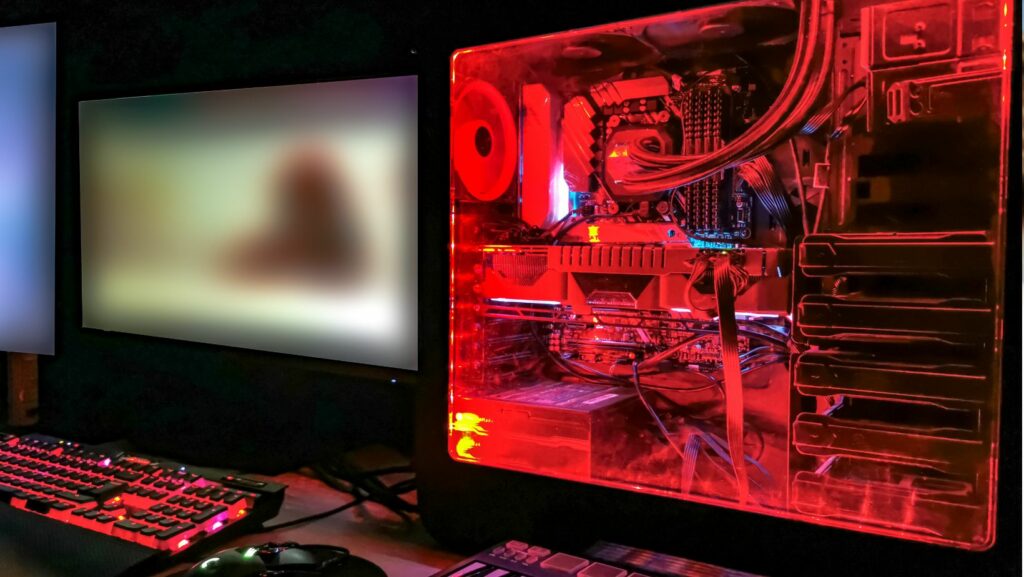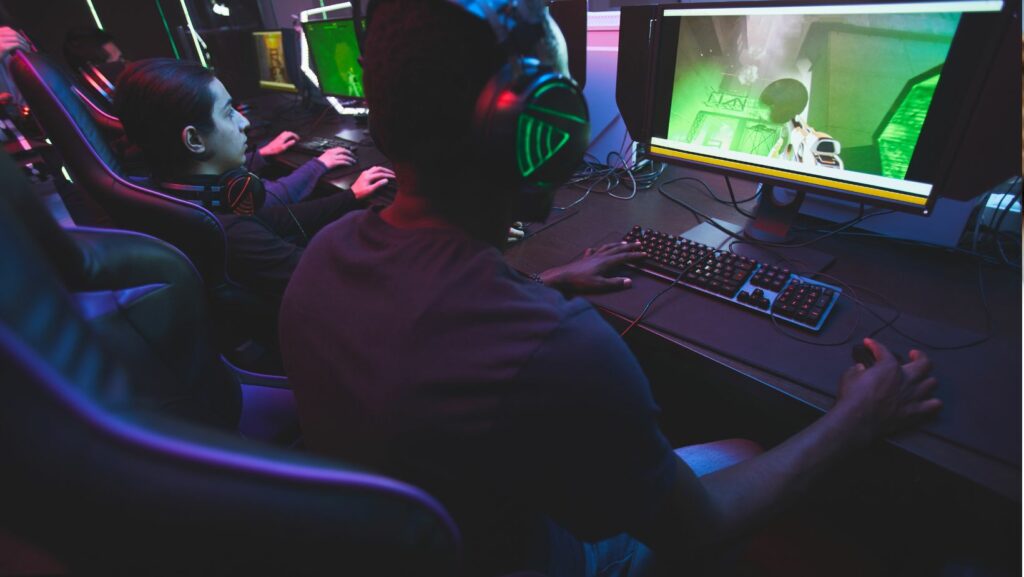Tips for Building a Gaming PC
A Gaming PC distinguishes itself through robustness, power, and adaptability. It’s constituted by high-quality components designed specifically for optimal gaming experience as compared to regular computer machines. Examples include a powerful processor for handling complex game mechanics, a top-tier graphic card for rendering high-definition visuals, ample memory for efficient multitasking, and a solid-state drive for fast load times.
The two pillars of a sturdy Gaming PC revolve around performance and aesthetics. Prioritizing performance guarantees smooth gameplay even under high-stress conditions. An elegant design, on the other hand, incorporates lighting and color coordination, contributing to an immersive gaming environment. For instance, a smooth framerate elevates game performance while programmable RGB lighting enhances the visual appeal. Remember, an impressive gaming PC is often a balance between functionality and style, between thrilling experiences and head-turning looks. In this endeavor, opting for a well-ventilated casing that showcases the PC’s internals delivers both performance efficiency and visual splendor.
Key Components of a Gaming PC
Navigating through Tips for Building a Gaming PC components can feel like venturing into uncharted territories. Picking the right hardware, after all, determines the performance and longevity of a gaming computer. Let’s delve into the key components that form a PC gamer’s sanctum.
A Central Processing Unit (CPU) acts as the control center of a computer, executing instructions from various computer programs. In a gaming PC, a powerful CPU ensures smooth, lag-free running of games, particularly ones with complex mechanics and AI. Examples of sought-after CPUs include the Intel Core i7 and AMD Ryzen series. Remember, a higher number of cores and threads result in better multitasking capabilities and gaming performance.
The Graphics Processing Unit (GPU) visualizes data into what gamers perceive on their screens. Demanding games with high-resolution graphics and advanced effects lean heavily on the GPU. Notable GPUs like NVIDIA’s GeForce RTX series or AMD’s Radeon RX series provide superior quality visuals and can gracefully handle 4K gaming. Always consider the game’s recommended GPU requirements as a starting point before settling on a choice.
In a gaming PC, Random Access Memory (RAM) stores and retrieves information used by the CPU in real time. Higher RAM capacity, with 8GB being bare minimum, allows smoother gameplay by enhancing the capacity to handle intensive game tasks. For state-of-the-art gaming units, consider RAM sizes of 16GB to 32GB for maximal game fluidity.
Solid-State Drives (SSDs) and Hard Disk Drives (HDDs) store game information and the operating system. SSDs enable faster loading times and quicker data access, enhancing overall gaming performance. On the other hand, HDDs offer cost-effective storage solutions with considerable capacities. An ideal gaming PC often combines both SSDs for the operating system and favorite games, and HDDs for storing less-played games and other data.
The Power Supply Unit (PSU) delivers power to the other components of the gaming PC. Not only does the PSU support the system to work efficiently, but it also protects the hardware against power surges. A PSU’s load capacity must match the power requirements of the system’s components. The common range for modern gaming PCs lies between 500 and 800 Watts.
Enhancing Your Gaming Experience
A quality monitor plays an essential role in defining the gaming experience, making it an indispensable component in a gaming setup. Monitor characteristics like refresh rate, response time, and resolution directly impact gameplay. For instance, higher refresh rates (measured in Hertz, Hz) offer smoother, more immersive gameplay. A monitor with fast response times (measured in milliseconds, ms) decreases motion blur in fast-paced games. Ultra-High Definition (UHD) or 4k resolution delivers sharp, crisp images, enhancing visual experiences.
Sound quality often ranks secondary in gaming setups but contributes significantly to the immersive experience.
Invest in high-quality audio equipment, such as gaming headsets or speakers, designed for clear, detailed sound output. These audio devices often come with features like surround sound for better spatial awareness in games, noise-canceling technology for clearer communication, and customizable sound profiles for personalized experience.
Your control over the game derives from the right peripherals. Keyboards and mice can significantly affect performance, with features such as mechanical keys for faster actuation, programmable macro keys for game-specific functions, and adjustable DPI (dots per inch) for mouse sensitivity customization. Additionally, gaming chairs offering ergonomic design contribute to comfort during prolonged sessions. Moreover, they’ve got a gamepad that can enhance the gaming experience, particularly in racing and fighting genres, providing more intuitive control.






